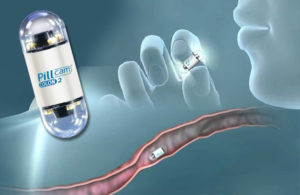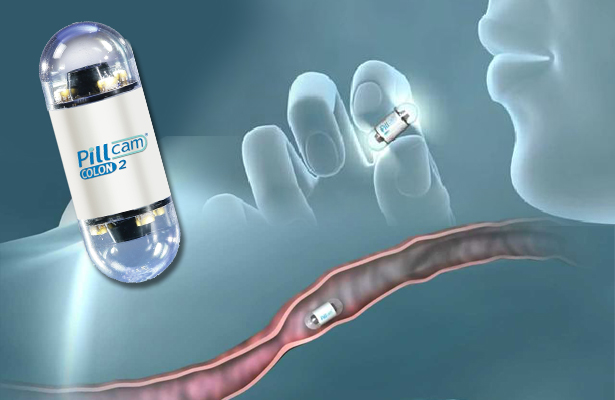 What is the Capsule Endoscopy?
What is the Capsule Endoscopy?
A capsule endoscopy is a procedure in which a patient swallows a capsule which contains a camera, battery, light and transmitter so that the esophagus, stomach and small intestine can be viewed for signs of inflammatory bowel disease (Crohn’s disease). The camera takes two pictures every second for eight hours. After the eight hours, the beauty of technology allows the medical team to wirelessly download the images for review. The capsule makes it way down the digestive track until it passes as stool. If any abnormalities are found from the procedure, a double balloon endoscopy may need to be carried out to confirm Crohn’s disease.
How to prepare for the procedure
Gastroenterologists at GANJ advise patients to stop eating and drinking at least 12 hours before the procedure. This will ensure that the camera captures clear images of your digestive tract. Stopping or delaying certain medications may also be discussed with a GANJ physicians. Generally, taking it easy the day before the procedure can help ease your mind and avoid any issues.
Are there any complications from the procedure?
As with any procedure performed around the world, risks are always a factor. How big or how small is always the question. Fortunately, capsule endoscopy is a safe procedure that carries very few risks. It is, however, possible for the capsule to become lodged in the digestive tract rather than leaving your body in a bowel movement within several days. Such a risk is very small, but may be slightly higher in individuals with conditions such as a tumor, Crohn’s disease or a prior surgery in that region.


 What is the Capsule Endoscopy?
What is the Capsule Endoscopy?